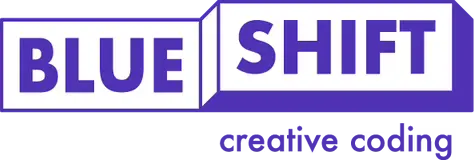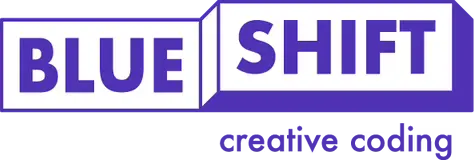Four Million People Learn To Code During Lockdown
Since the first lockdown last March, four million people learned to code, according to research reported in FE News. This amounts to 6% of the adult population of the UK. Among the younger generations, coding was slightly more popular with millennials (25–34-year-olds), as 13% had a go, compared with 12% of Gen Z (16–24-year-olds).
According to the survey, a further 6% of adults expressed regret at not becoming masters of computer programming technique. Research shows that digital skills are in demand by employers, with 60% of organisations claiming they will be increasing their reliance on tech over the next few years.
Industry expert Paul Stobart said: “It’s exciting to see such enthusiasm to take up something that plays a key role in the digital-first world we now find ourselves in. Coding underpins so much of what we do in the online world from our computer systems to our digital infrastructure and everything in between.”
Despite the demand for people with coding ability, the ‘digital skills gap’ is a widely documented and growing problem in the UK. According to Educational Technology News, there are over 31,000 vacancies for software developers and a severe shortage of suitably qualified candidates.
The numbers of people who took up coding during lockdown proves that there is an appetite for re-skilling out there, waiting to be tapped into. As technology continues to evolve at an ever-increasing pace, some of the most in-demand skills have been driven by the pandemic, such as cybersecurity and healthcare technology.
Blockchain and data analytics are also sectors where employers report a shortfall in fully trained applicants. Of course, tech education should not just be taken up in order to embark on a career; it can be a rewarding and creative intellectual process in its own right, which improves cognitive function, and enhances our enjoyment and understanding of the world.
If you are looking for a private coding tutor, please get in touch today.






